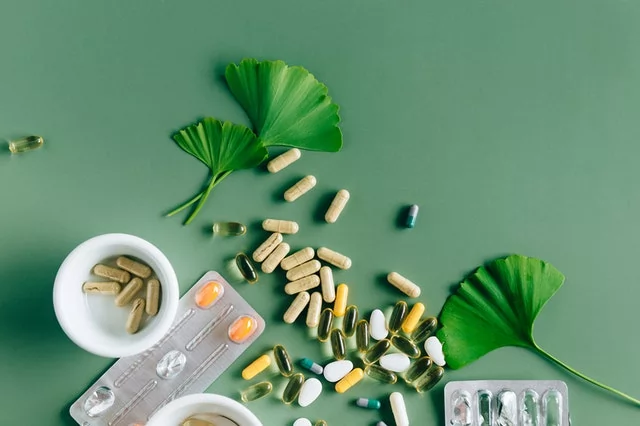The intake of supplements helps in boosting the nutrients we get from our diet and sun exposure. These supplemental vitamins are consumed in the body in a variety of ways and excreted at different rates. Vitamins are divided into two categories: water-soluble and fat-soluble. This distinction between these two categories is important. It indicates how each vitamin functions in the human body. Most of the vitamins are water-soluble, which means they dissolve in water. Fat-soluble vitamins, on the other hand, are insoluble in water.
Fat-soluble Vitamins
Fat-soluble vitamins are found in abundance in high-fat diets and are considerably more easily absorbed into the bloodstream when consumed with fat. Fat-soluble vitamins are kept in the cells of the body and are less easily excreted than water-soluble vitamins. Vitamins that are fat-soluble dissolve in fats. They’re absorbed by fat globules that go through the small intestine and into the circulation, where they’re circulated throughout the body. They don’t have to be taken as frequently as water-soluble vitamins.
There are four types of fat-soluble vitamins, each with its own set of advantages:
- Vitamin A is necessary for bone, tooth, and eyesight. It supports immunological and cellular function while also maintaining the intestines in healthy working order. Sweet potatoes, carrots, pumpkin, spinach, kale, milk, eggs, and yogurt are all good sources of vitamin A.
- Vitamin D promotes the absorption and metabolism of phosphorus and calcium, which assists in the formation of teeth and bone. Mushrooms, cod liver oil, fatty fish, and fortified foods are all high in vitamin D.
- Vitamin E is an antioxidant that helps in fighting against infection and keeps red blood cells healthy. Vitamin E can be found in sunflower seeds, almonds, spinach, and avocados.
- Vitamin K is important for blood clotting and bone health. Leafy green vegetables such as spinach, kale, parsley, mustard greens, lettuce, collards, turnip greens, and swiss chard are abundant sources of Vitamin K.
Water-soluble Vitamins
This type of vitamins travel through the body freely, making them readily available to the tissues, and excess quantities are normally excreted in the urine. Water-soluble vitamins should be consumed in small quantities. Water-soluble vitamins are not stored in the body so they must be consumed in the diet on a regular basis.
Vitamin B-complex and Vitamin C are water-soluble vitamins that provide the following health benefits:
- Vitamin B1 (thiamine) aids in release of energy from meals and is necessary for nervous system function. This water-soluble vitamin is abundantly found in fortified breakfast cereals, pork, fish, beans, lentils, green peas, rice, sunflower seeds, and yogurt.
- Vitamin B2 (riboflavin) aids in conversion of amino acid tryptophan to niacin, as well as promoting good vision and healthy skin. Eggs, cheese, yogurt, milk, beef liver, lean beef and pork, salmon, and chicken breast are high sources of vitamin B2.
- Vitamin B3 (niacin) promotes healthy skin and nerves while also assisting digestion, metabolism, and appropriate enzyme activity. Chicken, eggs, beef liver, nuts, fish, dairy products, seeds, avocados, whole grains, and legumes are all natural sources of vitamin B3.
- Vitamin B5 (pantothenic acid) helps in metabolism and hormone production. Vitamin B5 is naturally found in chicken, beef, avocado, seeds, milk, fortified cereals, and nuts.
- Vitamin B6 (pyridoxine) helps in protein metabolism, as well as synthesis of red blood cells, insulin, and hemoglobin. Salmon, chickpeas, tuna, beef liver, poultry, fortified cereals, dark leafy vegetables, oranges, papayas, cantaloupe, and bananas are all sources of vitamin B6.
- Vitamin B7 (biotin) assists in metabolism of lipids, proteins, and carbs and helps release energy from carbohydrates. Walnuts, peanuts, cereals, milk, and egg yolks are all sources of vitamin B7. Whole grain bread, salmon, ham, sardines, mushrooms, and cauliflower are also high in this vitamin. Avocados, bananas, and raspberries are all biotin-rich fruits.
Fantastic Life is a hormone balancing nutrition plan that is tailored to its users body. It takes into account the current hormonal imbalances and recommends a nutrition plan that helps restore that balance.

